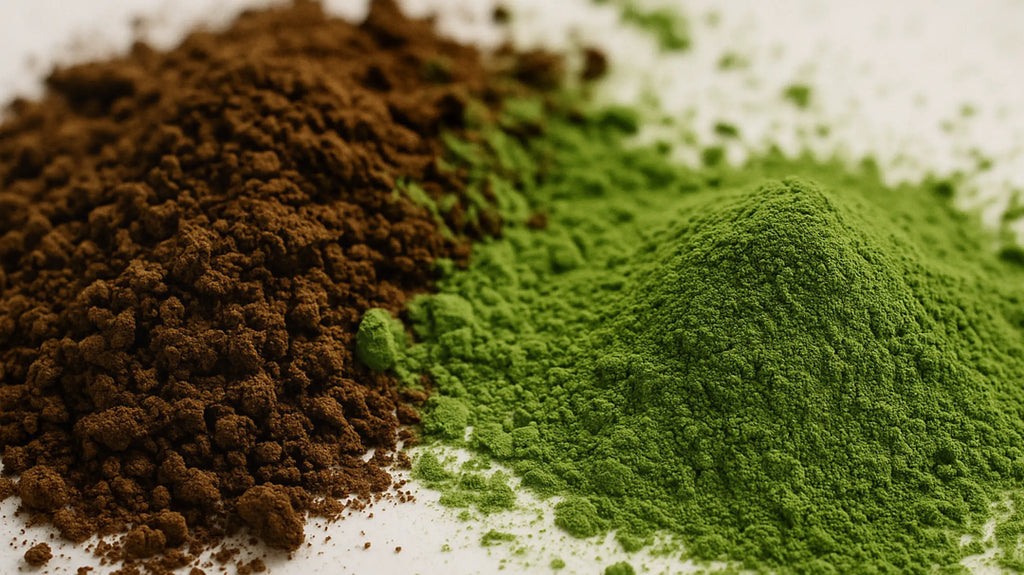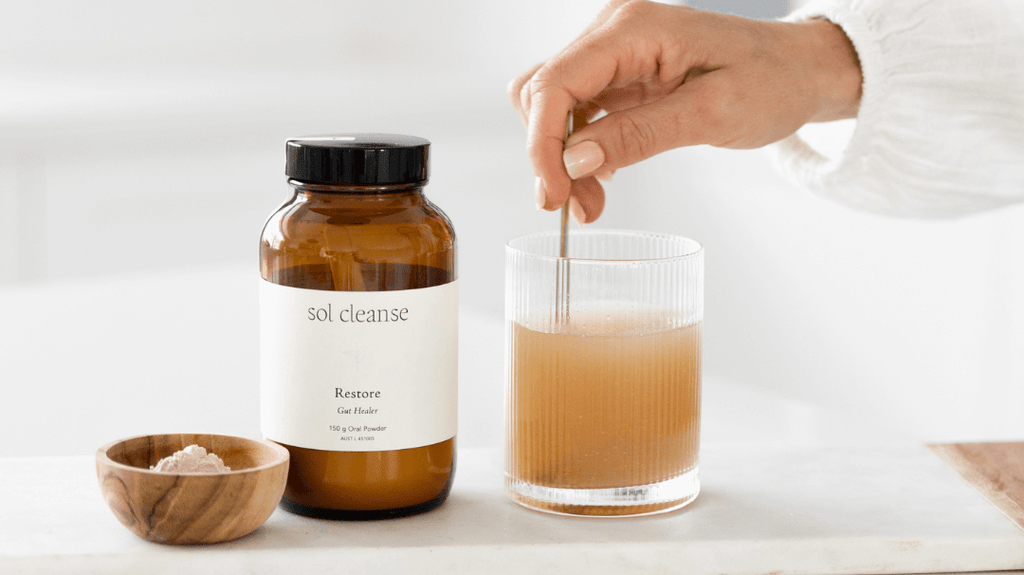In the realm of overall health, the importance of hormonal balance cannot be overstated. It lends itself to many aspects of our well-being, influencing our mood, metabolism, and reproductive health. Achieving harmony in our hormones leads to heightened energy, happiness, and a profound sense of well-being or flow. To get to this state it is crucial to understand the roles of hormones, allowing us to notice signs of imbalance and take control of coming back into balance. The holistic perspective integrates nutritional medicine, stress management, and nervous system support all of which nurture our endocrine system and encourage hormonal equilibrium. Like any health journey, better choices start with knowledge and awareness, we hope you find a little wisdom to support your hormonal health here.
What is the Endocrine System?
Imagine your body as a vast team of tiny messengers, collectively ensuring everything runs smoothly. These messengers, known as hormones, inform everyday bodily functions such as growth, sleep, motivation, stress response, and reproductive cycles. The endocrine system is a complex network of glands and organs that orchestrates these processes in harmony with the nervous system, maintaining internal stability and balance.
7 Hormones to be Aware of
Oestrogen and progesterone are pivotal in women's health together they influence menstrual cycles and reproductive well-being. Testosterone, found in both genders, drives libido, bone density, and muscle mass. Cortisol responds to stress and also plays a role in our metabolism and immunity. Thyroid hormones regulate metabolism and energy levels, insulin regulates blood glucose levels, while melatonin guides the sleep-wake cycles.
How to Recognise Imbalance?
The body communicates imbalances through subtle signals before it shouts via more serious illness or disease. Common signs of imbalance include but are not limited to:
- Irregular Menstrual Cycles
- Mood Swings
- Fatigue
- Weight Fluctuations
- Acne
- Hair Loss
- Sleep Disturbances
- Altered Libido
- Digestive Issues
- Heightened Anxiety
- Brain Fog,
- Breast Tenderness,
- Skin Tags
The Gut-Hormone Connection
Our gut health profoundly influences hormone balance. The gut microbiota, as we often touch on, are a community of beneficial bacteria that aid digestion, produces essential nutrients, and influences hormonal behaviour. A healthy gut supports the regulation of hormones like oestrogen, progesterone, and cortisol. Thus, maintaining gut health is of high priority in ensuring hormonal equilibrium. Thankfully, the gut microbiota is very easily influenced by what you eat, you start to nurture it with our Gut Healing Cleanse.
Nourishing Your Hormones with Food
These foods, when incorporated into meals, effortlessly fulfil nutritional requirements, contributing to hormonal health. This can be used as a checklist for the day to ensure you are getting a variety of these hormone loving foods;
- Omega-3 Fatty acids: Fatty fish (salmon, mackerel, sardines), flaxseeds, chia seeds, and hemp seeds.
- Cruciferous vegetables: Broccoli, cauliflower, kale, and brussels sprouts.
- Colourful fruits and vegetables: Eatthe rainbow for antioxidants and help protect from oxidative stress.
- Lean proteins: Chicken, turkey, tofu, and legumes provide essential amino acids for hormone synthesis.
- Healthy fats: avocado, nuts, and seeds
- Probiotic-rich food: Kefir, fermented vegetables and quality yoghurts that are low sugar and full fat.
- Complex carbohydrates: Whole grains like quinoa, and brown rice, sweet potato, as well as cooked and cooled white rice & potatoes as they become a resistant starch which your gut will love.
- Vitamin D: You mostly get this from sunlight.
- Magnesium: Found in nuts, seeds, cacao and leafy greens. Crucial for hormone synthesis.
- Zinc: Pumpkin seeds, oysters, chickpeas, chicken, and lentils. Zinc aids in hormone production and immune function.
- Vitamin B6: Found in bananas, potatoes, and salmon, B6 metabolises excess hormones such as oestrogen and progesterone.
- Iron: Spinach, lentils, and red meat. Iron is vital for hormone function, energy and brain function.
Move for Hormonal Health
Regular physical activity, be it dancing, jogging, or yoga, stimulates the release of endorphins, promoting mood stability and hormonal balance. Exercise positively influences insulin, melatonin, and cortisol levels, making it an essential component of a hormone-friendly lifestyle.
Break up with Endocrine Disruptors
Endocrine disruptors, found in everyday products, can interfere with hormones and conditions like PCOS, diabetes, and thyroid disorders. These chemicals, found in plastics, cosmetics, and cleaning products, can mimic or block hormone actions, leading to imbalances. While complete elimination is challenging, awareness enables conscious choices and the adoption of alternatives, protecting your hormonal health.
The Journey to Balance
If reading this has helped you identify an imbalance, seeking guidance from your healthcare professionals for personalised approaches including hormone testing, and tailored strategies will help pinpoint specific imbalances. Outside of this, by nourishing our bodies with hormone-balancing foods, embracing regular exercise, and mindfulness practices, we bolster our endocrine system. Through understanding, holistic approaches and making informed choices, we can move towards hormonal harmony.





























































